The concept of apps aren’t new. We’ve been using them ever since computers were invented, but it’s safe to say it’s probably thanks to the launch of the smartphone that we’ve really started to see a massive uptick in popularity and development.
For those who are too young to remember the feature phone, back in the day, handset makers would have their own software installed on their devices and users really had no say as to what kind of software features came with their devices, which is why some brands proved to be more popular than others.
These days, while a smartphone’s underlying software is important, users can expand on that functionality and in some cases, improve on it, through the use of apps that are as inane as a fart app, or an app that can completely change the look, feel, and functionality of our device and make it truly unique to each of us.
But has the development of apps gone too far?
Too many apps for everything
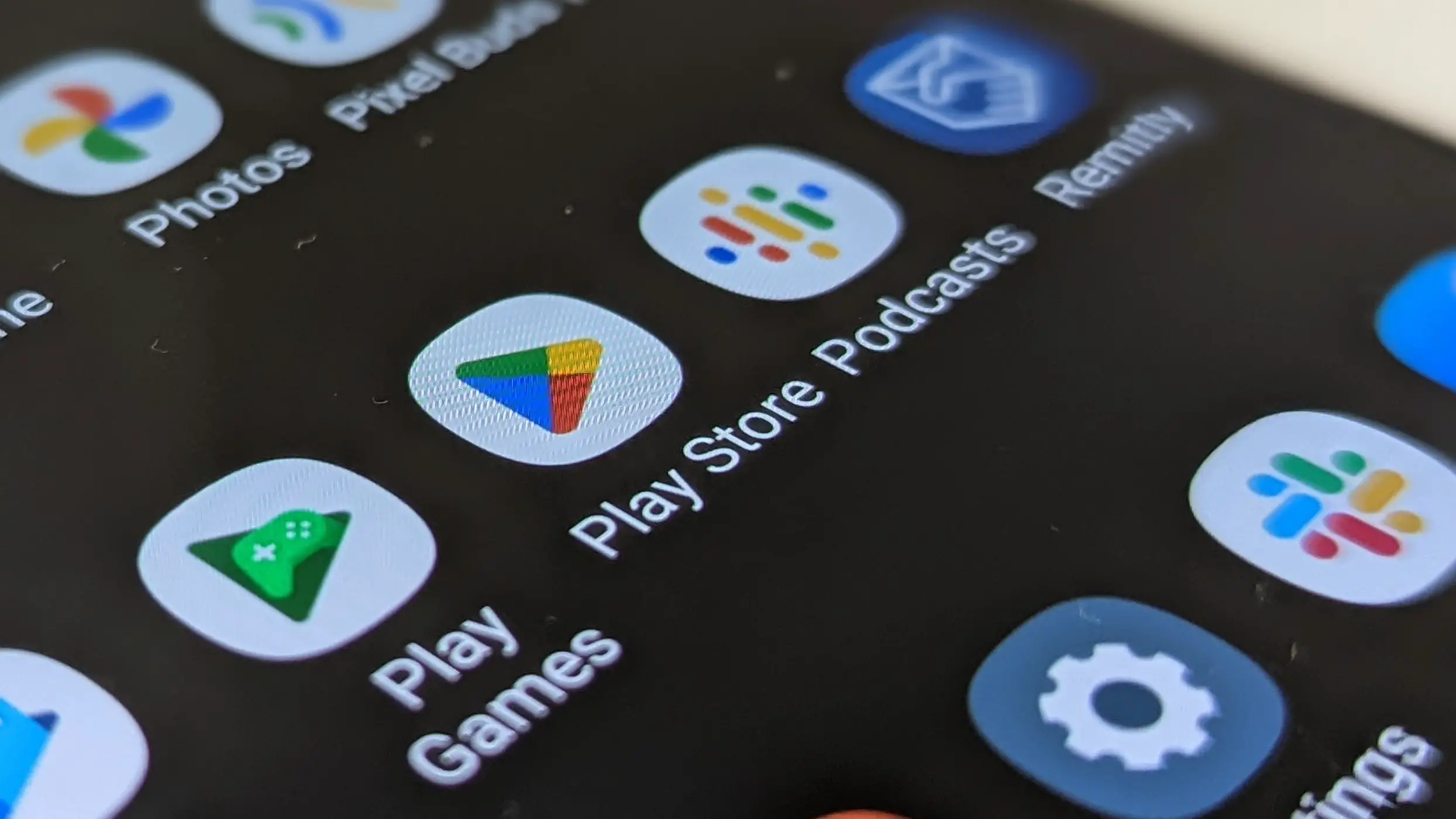
These days, just about every company under the sun has an app of their own. Your insurance company probably has their own app, your library might have their own app, your supermarket might have their own app. There’s an app for everything.
While this might have been a good thing back in the day while the ecosystem was being populated, these days it’s starting to feel really annoying, especially when companies make you download their app in order to access certain services.
A personal example would be smart home devices, where companies like Xiaomi and its subsidiaries have a multitude of apps that all kind of do the same thing, but yet have some differences.
There is the Xiaomi Mi Home app that encompasses all the smart home devices made by Xiaomi and its subsidiaries. Then there are dedicated apps like the Yeelight app which controls only the Yeelights made by Xiaomi. Then there is the Roidmi app, which is the app for the Roidmi lineup of vacuum cleaners.
Note that controlling all of these apps can be done from the main Mi Home app, but there are certain features that are exclusive to the individual apps, meaning that you would need to download all these apps to have full control over them.
Apps that are barely used
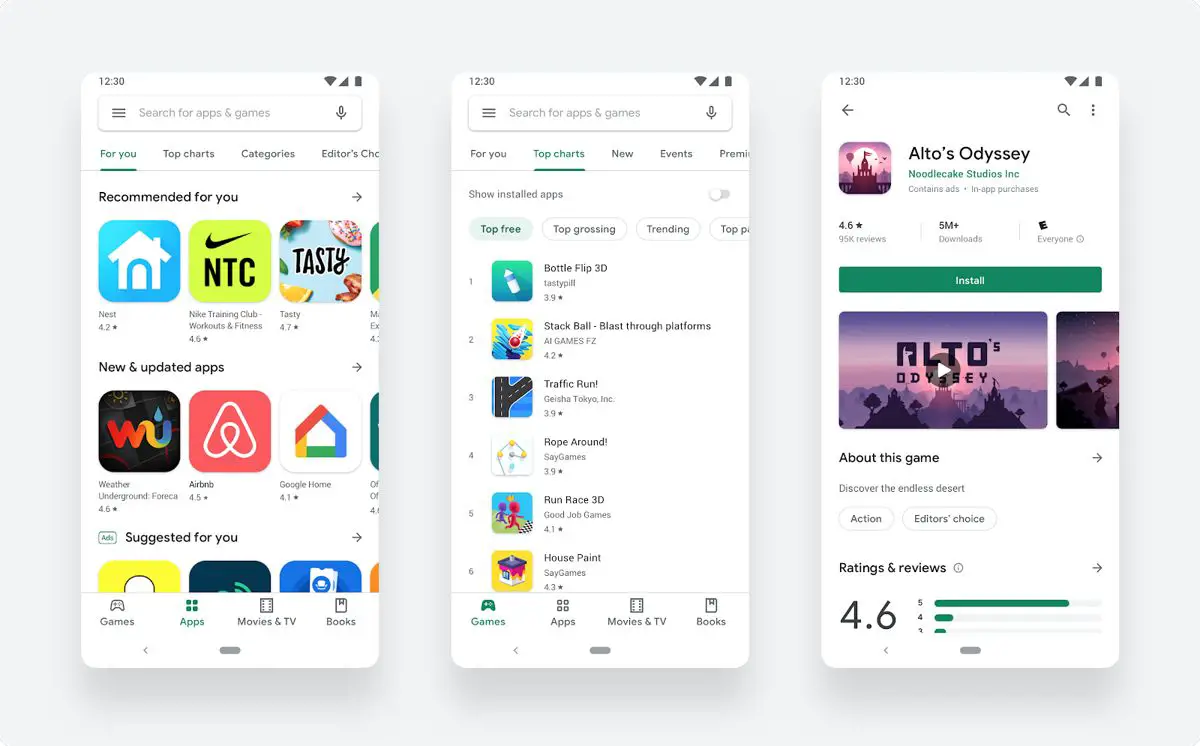
Another problem with today’s app landscape is that there are too many apps that seem to only do one thing and one thing only. It’s not a bad thing if it’s important, but sometimes you may only need the app once or twice, or you may only use it a couple of times a year, so the question is, do we really need to download an app just for that?
Unless you’re diligent about staying on top of your apps and doing the occasional spring cleaning, there is a good chance you might download one of these apps, use it a couple of times, and forget about it. This means that the app is just sitting in your phone taking up valuable storage space, or in more nefarious cases, it might even be collecting data without your knowledge.
Consolidation is the key
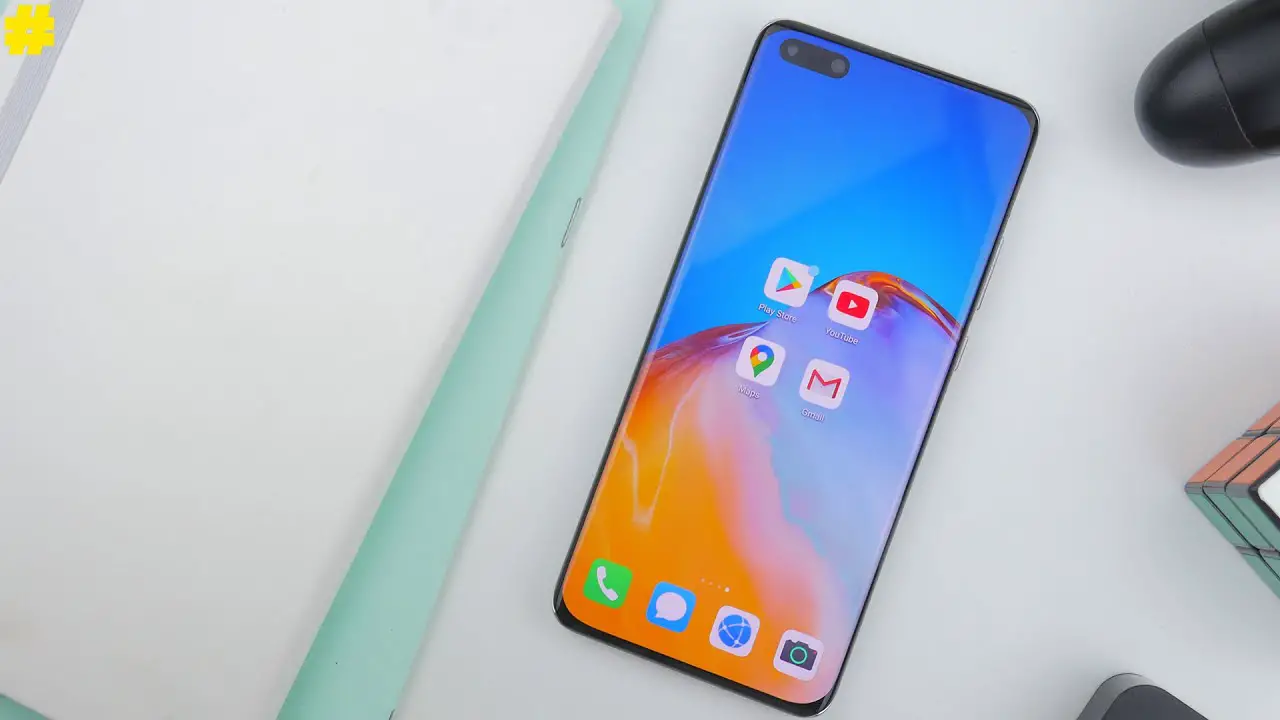
While we totally understand and support the free market and think it’s great that the rise in popularity of apps has created brand new job and career opportunities for people, perhaps it’s time to rethink the amount of apps that are put out there today.
This is why we think apps that consolidate services have gotten it right. For example, WeChat which might have started out as a chat application has grown to become a one-stop shop for a lot of things. It can be used to send and receive money, users can even apply for loans, it can be used for shopping, and more.
Grab, which is Asia’s equivalent to Uber, started out as a ride-sharing service, but has grown and expanded its services where its app not only lets you look for rides, but it can be used as a delivery platform for goods, it can also be used for food, grocery shopping, topping up prepaid phone services, an ewallet, and more.
This means that as far as users are concerned, they would only need one app to do a lot of things.
Even companies like Meta have acknowledged that there doesn’t need to be an app for everything. In the past, the company tried to create individual apps for various services like Instagram chat, Instagram effects, and so on, but ultimately folded it all back into the main Instagram app.
They even tried to make Messenger a standalone app by removing it from the main Facebook app, but earlier this year, the company announced that they would allow users to access their messages through the Facebook app again.
Conclusion
Don’t get us wrong, we welcome the development of apps. It’s good to give consumers options when it comes to apps since everyone has different needs and priorities, but maybe companies need to slow things down and think about whether or not their business really requires an app, or if they’re just making an app for the sake of it.

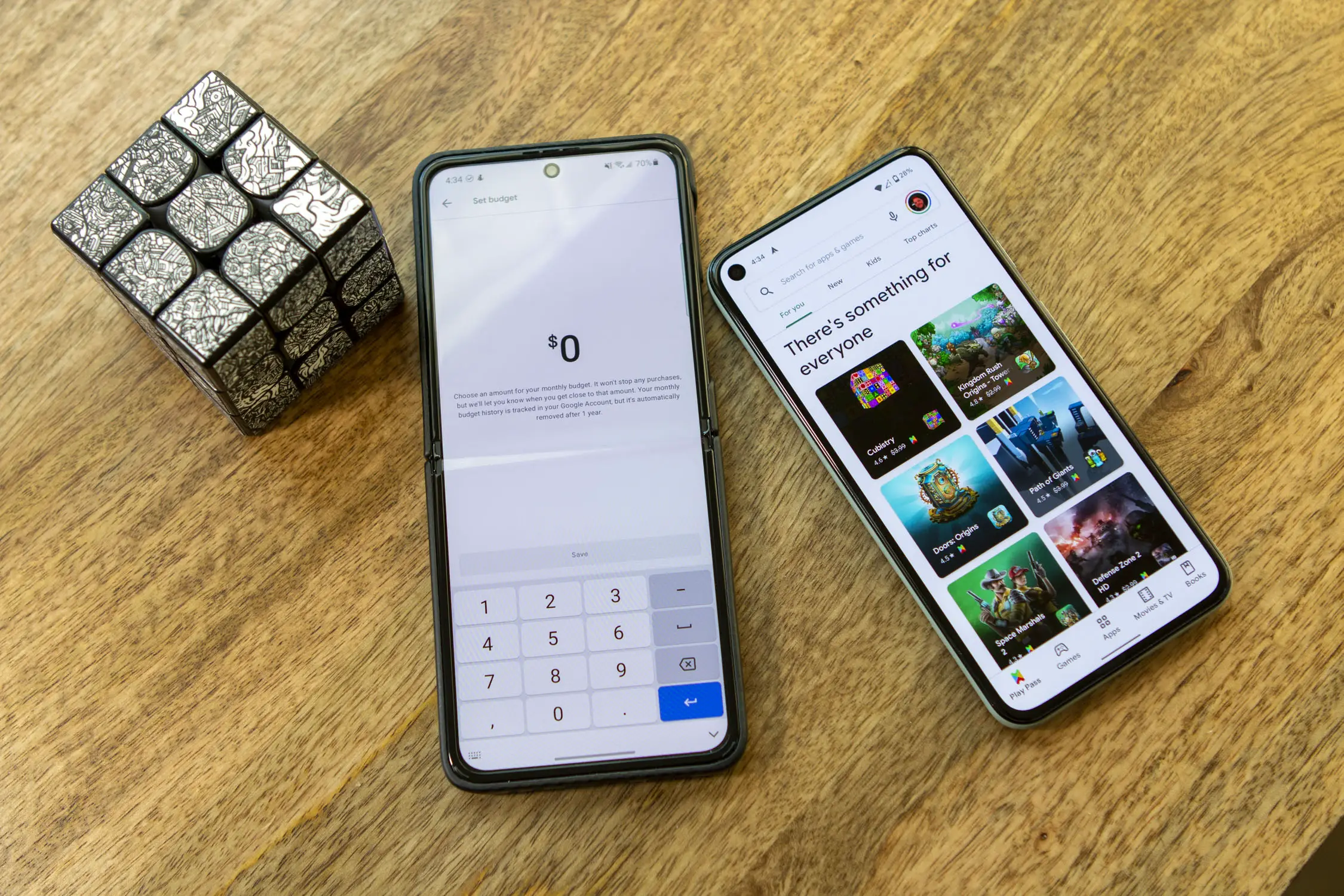




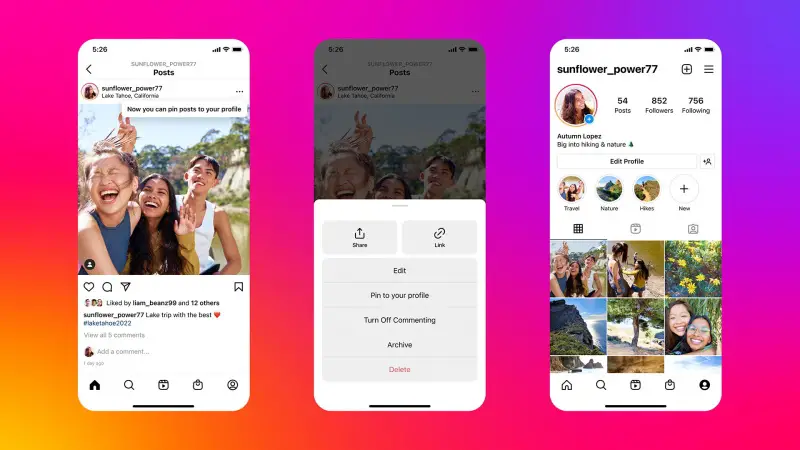


Comments